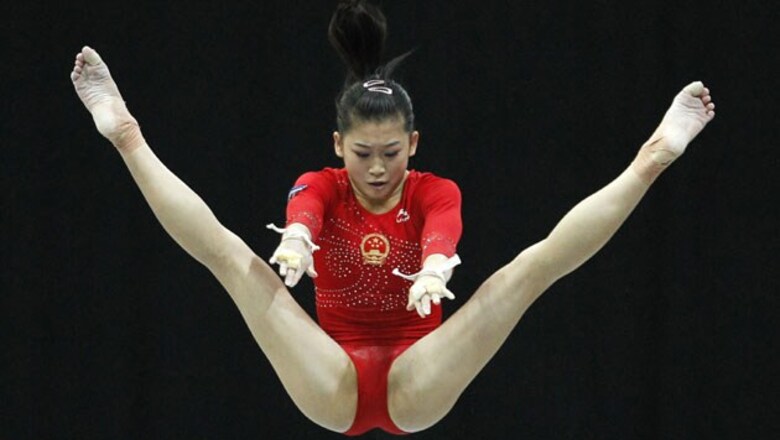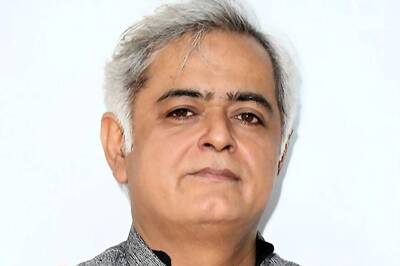
views
Guangzhou: Senior Chinese sports officials don't envisage much change to the status quo at the Asian Games amid initial moves to overhaul the state-run sports system that has propelled the country to the top.
Xiao Tian, vice president of the Chinese Olympic Committee, declined to give a specific medals goal for Guangzhou 2010 but said the delegation of nearly 1,000 athletes is targeting more medals than it won at Doha four years ago.
China was a long way clear in 2006, collecting 316 medals, including 166 gold. South Korea placed second with 58 gold.
That continued a run of table-topping finishes for Chinese teams that began at the 9th Asian Games at New Delhi in 1982. China only rejoined the continental games in 1974 at Tehran, where it finished third.
Xiao said changes are needed to the country's Soviet-style sports system that developed rapidly in the 1980s, in which young children selected for their athletic potential and specific physical traits are funneled into sports schools. The emphasis has been training those young athletes for years in the program with the singular goal of "winning glory for the country."
China has traditionally focused on sports that awarded multiple medals and which authorities thought their athletes could quickly dominate — such as diving and gymnastics.
Meanwhile, sports such as basketball, volleyball and football have lagged behind foreign competition which has benefited from quicker development because of commercialisation, Xiao said.
"Before, we had an all-state system that worked very well but now professional sports and market economy are linked. These two systems have different operational mechanisms," he said."
"The development of the three 'big ball' sports (basketball, volleyball, football) as well as golf, tennis and sailing are areas where we need to reform and explore," he told reporters.
Yao Ming's All-Star status in the NBA has focussed international attention on Chinese basketball, while players such as Li Na have drawn attention to China's potential in women's tennis.
With growing possibilities for lucrative sponsorship and endorsement contracts, some high-profile Chinese athletes have started employing private or international coaches and managers rather than rely on the Chinese system.
And there's scope for that to expand to other Olympic and non-Olympic sports as nongovernment funding flows in.
In the meantime, there's few who doubt China's ability to dominate the competition in Guangzhou. Its Asian Games delegation is young, with an average age of 24, but will be led by 34 Olympic champions from sports such as gymnastics, diving and table tennis.
"Ever since the Beijing Olympics, we have added a lot of new athletes to the team," Xiao said. "A lot of old athletes are going out and a lot of new blood coming in. It's a test to the young athletes."




















Comments
0 comment